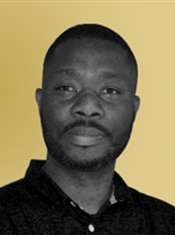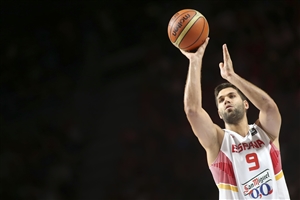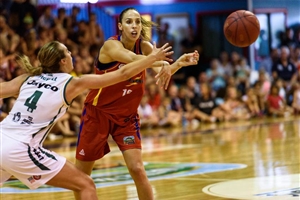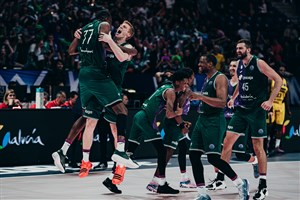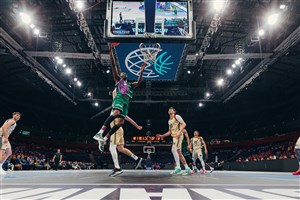
Can the winners of the African Clubs Cup compete in the Intercontinental Cup?
SHEFFIELD (Julio Chitunda's African Message) - Real Madrid clinched the 2015 Euroleague title over the weekend and in so doing, booked their place in this year's edition of the Intercontinental Cup.
Are the winners of the African Champions Club (ACC) capable of competing against Europe and their Americas counterpart?
What legacy could the Intercontinental Cup bring to African clubs and basketball in general on the African continent?
These and other questions remained unanswered since FIBA and Euroleague relaunched the Intercontinental Cup in 2013.
But, in this column, some ACC as well as an Euroleague coach answered some of the questions.
Although the Intercontinental Cup is a two-team competition featuring the Turkish Euroleague Airlines champions against the champions of the DIRECTV Liga de las Americas, I always felt that the event should be complete when the 'Clubs World Cup' - as some tend to call it - convene also teams from Africa, Asia and Oceania.
Flamengo superou o Maccabi, conquistou a Copa Intercontinental e chega com moral p/ encarar Suns, Magic e Grizzlies pic.twitter.com/ijxuQiDF47
— NBA Brasil (@NBABrasil) September 28, 2014
Whether that is going to happen at some point, I have no idea. One thing is for certain, though. The ACC would never be the same again.
Former Indiana Pacers shooting guard Andrew Owens, currently with Recreativo de Libolo, and Club Africain power forward Marcus Haislip, who played in the Euroleague for a number of years, competed in the latest editions of the ACC in Tunisia.
And, a few more players of the caliber of Owens and Haislip would probably come on board if the Intercontinental Cup opened its doors to the ACC.
So, when fellow columnist David Hein asked Real Madrid coach Pablo Laso - who had just lifted this year's Euroleague title - about a hypothesis of the Intercontinental Cup expand to other continents, Laso said: "I am just coaching right now. When I retire maybe I can come up with a big plan. But it would be nice to have the best team from every continent play against each other."
Head coach Linos Gavriel, who guided Tunisian side Etoile Sportive Rades to a second-place fininsh at the 2014 ACC, believes the African clubs can compete and are worth playing in the Intercontinental Cup.
The presence of players such as Haislip and Owens in the ACC, Gavriel says, shows that basketball in Africa is growing and it "is not no longer an unknown place".
"This is important for fans to see Euroleague players. It also helps from the marketing standpoint," the Cypriot coach told me.
The talent and the athleticism is there, if they play tactically and smart they can really compete. - Gavriel
Recreativo do Libolo forward Eduardo Mingas, who has faced European, Asian, American national teams throughout his national team career, is one of those feeling that African clubs should boost the Intercontinental competitiveness.
"Obviously, to maintain the quality of the tournament, Africa should be represented with a team of the caliber of Primeiro D'Agosto, Libolo and top teams from Tunisia,” said the 2014 ACC MVP.
"Year after year, we see investment in African basketball grow. We have USA and European players competing in the African Champions Cup. Perhaps, it is time to take the clubs competition to a higher level."
This year's edition of the Intercontinental Cup is yet to be confirmed.
Again, can the ACC winners compete against their European and Americas counterparts?
I think they can, although I think they might not win the event.
Julio Chitunda
FIBA
FIBA's columnists write on a wide range of topics relating to basketball that are of interest to them. The opinions they express are their own and in no way reflect those of FIBA.
FIBA takes no responsibility and gives no guarantees, warranties or representations, implied or otherwise, for the content or accuracy of the content and opinion expressed in the above article.
